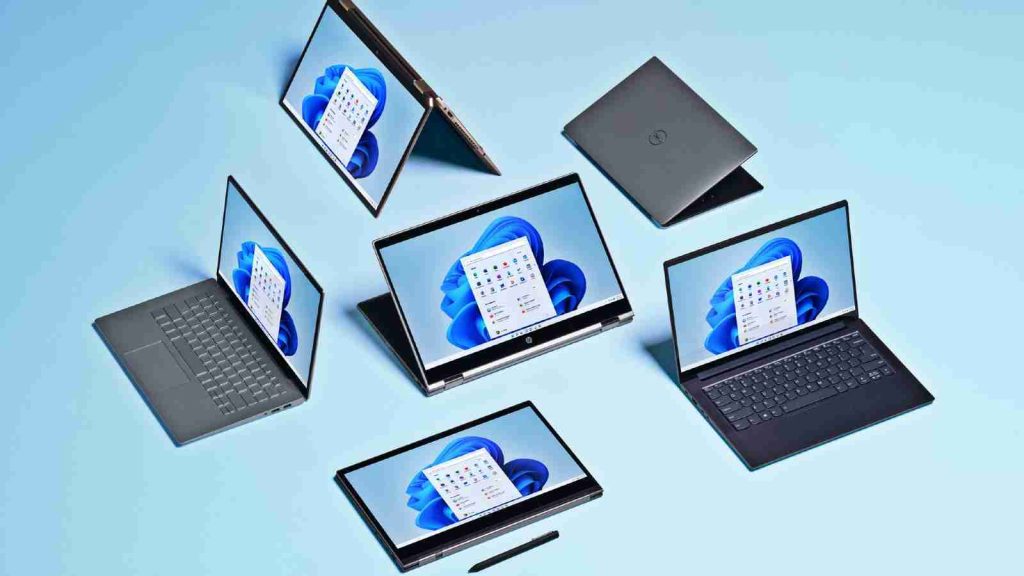KEEP IN TOUCH
Subscribe to our mailing list to get free tips on Data Protection and Cybersecurity updates weekly!







Microsoft has started rolling out the Windows 11 upgrade to more eligible Windows 10 devices faster after not detecting update experience issues during the first rollout phases.
Microsoft released Windows 11 on October 5 and is now rolling it out to eligible Windows 10 devices via Windows Update.
“In our first phases of the Windows 11 rollout we are consistently seeing a high rate of positive update experiences and user feedback for eligible devices, identified using our latest generation machine learning model,” Microsoft said this week.
“Based on this data, we are advancing the pace of the rollout faster than we originally announced, and now making the Windows 11 upgrade more broadly available to eligible Windows 10 devices.”
Also Read: New Data Protection Laws Australia: How Implementation Works
Customers with compatible devices can install Windows 11 by opening Windows Update Settings and clicking the “Check for updates” button.
Eligible Windows 10 devices must have compatible hardware, run Windows 10 2004 and later, and have installed at least the September 2021 servicing update or later to upgrade to Windows 11 directly.
If the Windows 11 upgrade is ready for your Windows 10 system, you will see the option to download and install Windows 11.
You can determine if your device is eligible for the Windows 11 upgrade using the PC Health Check diagnostics tool, force installed on Windows 10 devices starting with October 22, when the KB5005463 update was released.
If you don’t want PC Health Check automatically installed on your computer, you can use the instructions detailed here.
According to Microsoft, the company estimates that all eligible Windows 10 devices will be offered the Windows 11 upgrade by mid-2022.
Also Read: Shred It Singapore For Commercial Document Destruction
Right now, there are only two safeguard holds preventing Windows 10 users from installing Windows 11, version 21H2.
The first one applies to devices with Intel Smart Sound Technology (SST) audio drivers installed, while the second pertains to those with Oracle VirtualBox and Hyper-V or Windows Hypervisor.
Customers are advised not to manually upgrade to Windows 11 using the ‘Update now’ button or the Media Creation Tool if these known issues impact their systems until Redmond addresses the problems and removes the safeguards.